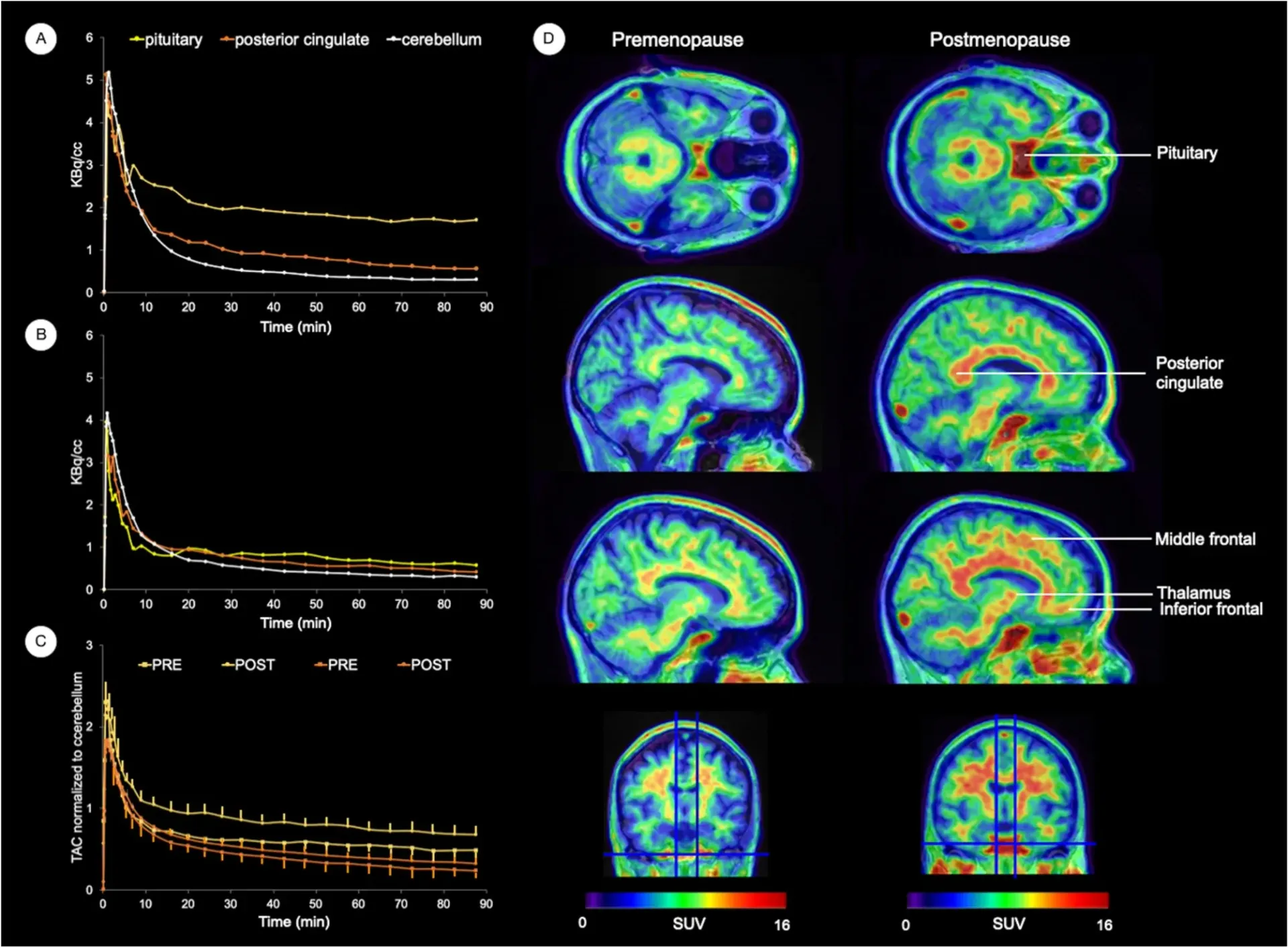New Insights into Estrogen’s Role in Brain Health During Menopause: A Groundbreaking Study by Dr. Lisa Mosconi

Hello everyone,
Exciting news from the world of menopause research! Dr. Lisa Mosconi's latest study, published in Nature, offers groundbreaking insights into how estrogen affects our brains during menopause. This research sheds light on the vital role of estrogen receptors (ERs) in maintaining brain health and cognitive function through the menopause transition.
The Study Highlights
Dr. Mosconi's team conducted a pioneering in vivo study using PET scans to measure ER density in the brains of midlife women. The findings reveal that ER density increases over the menopause transition, independent of age and hormone levels. This increase in ER density is associated with poorer memory performance and a higher incidence of mood and cognitive symptoms in postmenopausal women.
Key Findings
- ER Density and Menopause: The study found progressively higher ER density in the brains of postmenopausal women compared to premenopausal and perimenopausal women. This was consistent across various brain regions involved in cognitive and emotional functions.
- Cognitive Impacts: Higher ER density in regions like the hippocampus and frontal cortex was linked to lower memory scores and increased mood symptoms, highlighting the critical role of estrogen in brain health.
- Symptom Prediction: The study also demonstrated that ER density could predict the presence of mood and cognitive symptoms, such as depression and memory issues, in postmenopausal women.
The Importance of Estrogen
Estrogen, particularly 17β-estradiol, is crucial for various brain functions, including memory, mood regulation, and protection against neurodegeneration. As estrogen levels decline during menopause, the brain undergoes significant changes, which can lead to symptoms like brain fog, mood swings, and memory lapses.
Implications for Menopause Care
This research underscores the importance of hormone replacement therapy (HRT) and other menopause care strategies. By understanding how estrogen receptors affect the brain, healthcare providers can better tailor treatments to support cognitive and emotional health in menopausal women.
Practical Tips for Maintaining Brain Health
- Consider HRT: Consult with your menopause doctor about the benefits of HRT for maintaining cognitive health.
- Stay Physically Active: Regular exercise can improve blood flow to the brain and support cognitive function.
- Eat a Brain-Healthy Diet: Focus on anti-inflammatory foods rich in omega-3 fatty acids, antioxidants, and vitamins.
- Manage Stress: Practice mindfulness, meditation, or yoga to reduce stress and its impact on brain health.
- Stay Mentally Active: Engage in activities that challenge your brain, such as puzzles, reading, and learning new skills.
Dr. Mosconi's research is a game-changer in our understanding of menopause and brain health. By prioritizing estrogen's role in the brain, we can develop better strategies for managing menopause symptoms and improving quality of life for midlife women.
For more details on this groundbreaking study, check out the full article here.
In Health,
Dr. Anna
WonderCreek Health Blog



